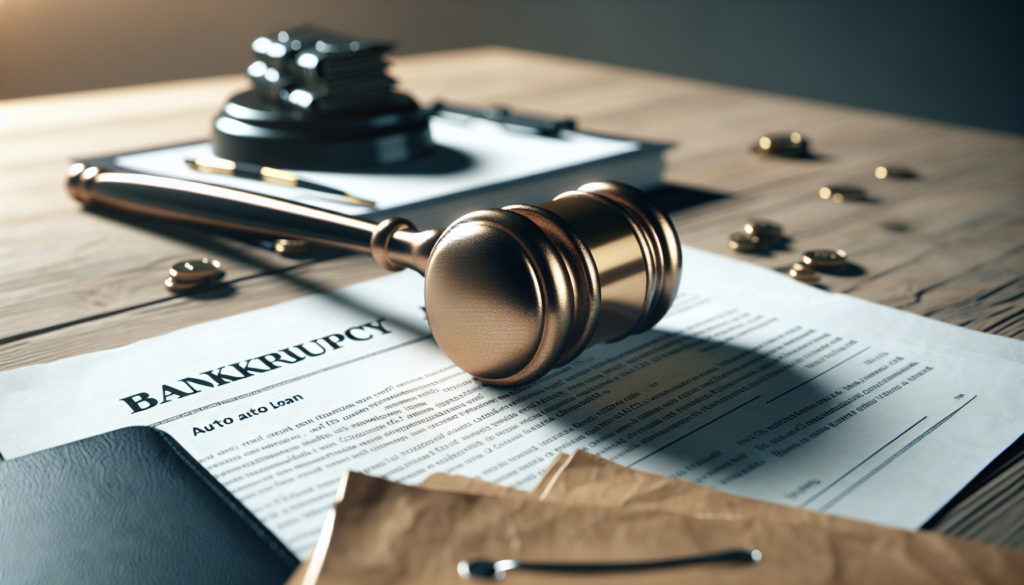
In a Chapter 7 bankruptcy case, the trustee’s role is to manage the bankruptcy estate, which includes identifying and liquidating (selling) the debtor’s non-exempt assets to pay back creditors as much as possible. If the Chapter 7 trustee is attempting to seize some of your assets, it is likely because those assets are considered non-exempt under the bankruptcy laws applicable in your jurisdiction. Here’s a closer look at why this might be happening:
Non-Exempt Assets
- Definition: Non-exempt assets are those that the bankruptcy laws do not protect from seizure and sale by the bankruptcy trustee. The specific assets considered non-exempt vary by state, as each state has its own set of exemptions, and some states allow debtors to choose between state exemptions and federal exemptions.
- Examples: Common examples of non-exempt assets might include second homes, additional vehicles beyond what is necessary for transportation, expensive musical instruments (unless you’re a professional musician), and investments like stocks and bonds.
The Trustee’s Role
- Liquidation: The trustee’s primary responsibility in a Chapter 7 case is to liquidate non-exempt assets to pay creditors. This process involves selling the assets and distributing the proceeds among the creditors according to the priorities established in the Bankruptcy Code.
- Maximizing Returns to Creditors: Trustees are tasked with maximizing the return to creditors. This means they will assess the value of your non-exempt assets and decide whether selling those assets would generate enough money to make distribution to creditors worthwhile after covering the costs of sale.
Exempt vs. Non-Exempt
- Exempt Assets: Exempt assets are protected from seizure in bankruptcy and are intended to allow the debtor to maintain a basic standard of living and have the means to rebuild financially after bankruptcy. These typically include some equity in a home, a modest car, household goods, and tools of the trade.
- Claiming Exemptions: Properly claiming exemptions is crucial. Debtors must list and claim exemptions for their assets in their bankruptcy filings. If an asset is not claimed as exempt, or if the claimed exemption is not valid under the law, the trustee can seize the asset.
Why Your Assets Might Be Seized
- Asset Value Exceeds Exemption Limits: If the value of an asset significantly exceeds the allowable exemption limit, the trustee may seize the asset for the benefit of your creditors.
- Incorrectly Claimed Exemptions: If exemptions are not correctly claimed due to errors in the bankruptcy paperwork or misunderstandings about the law, the trustee may determine that certain assets are non-exempt.
- Changes in Asset Value or Estate: Sometimes, assets initially believed to be of minimal value may be reassessed by the trustee as having significant value, making them subject to seizure.
The Chapter 7 trustee’s attempt to seize some of your assets is a fundamental part of the bankruptcy process, aimed at ensuring that creditors receive as much payment as possible from the liquidation of the debtor’s non-exempt property. Understanding the distinction between exempt and non-exempt assets, and accurately claiming exemptions, is critical in protecting your property in bankruptcy. Consulting with a knowledgeable bankruptcy attorney can help you navigate these complexities, potentially safeguarding more of your assets from liquidation.

Get a Free Bankruptcy Case Evaluation